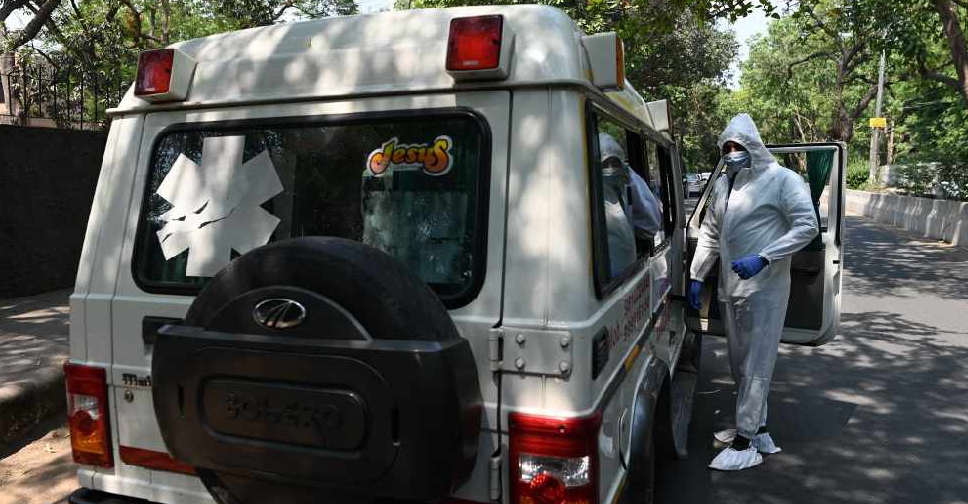
India's capital New Delhi will start relaxing its strict coronavirus lockdown next week if new cases continue to drop in the city, its chief minister said on Sunday.
The nation on Sunday reported 240,842 new infections nationwide over 24 hours - the lowest daily new cases in more than a month - and 3,741 deaths.
For weeks, India has battled a devastating second wave of COVID-19 that has crippled its health system and led to shortages of oxygen supplies.
New Delhi, one of the worst-hit cities, went into lockdown on April 20, but new cases have declined in recent weeks and test positivity rate has fallen under 2.5 per cent, compared to 36 per cent last month, Chief Minister Arvind Kejriwal said.
"If cases continue to drop for a week, then from May 31 we will start the process of unlocking," Kejriwal told a news conference.
Delhi reported around 1,600 new COVID-19 cases in the previous 24 hours, he said.
Many states remain in lockdown, raising worries about the economic impact of the pandemic.
The chief of state-run Indian Council of Medical Research told Reuters this month that districts with a high rate of infection should remain locked down for six to eight weeks to break the chain of transmission.
India's daily COVID-19 cases are decreasing after peaking on May 9. The government said on Sunday it is conducting the highest number of COVID-19 tests, with more than 2.1 million samples tested in the previous 24 hours.
Still, experts have warned India could face a third wave of infections in the coming months, and many states are unable to vaccinate those aged under 45 due to a shortage of supplies.
The world's largest vaccine-producing nation has fully vaccinated just over 41.6 million people, or only 3.8 per cent of its 1.35 billion population.

 UK inquiry finds 'chilling' cover-up of infected blood scandal
UK inquiry finds 'chilling' cover-up of infected blood scandal
 Iranian President Raisi killed in helicopter accident, state media says
Iranian President Raisi killed in helicopter accident, state media says
 ICC prosecutor seeks arrest warrants for Israeli, Hamas leaders
ICC prosecutor seeks arrest warrants for Israeli, Hamas leaders
 Assange given permission to appeal against US extradition
Assange given permission to appeal against US extradition
 Israel intends to broaden Rafah sweep, Defence Minister tells US
Israel intends to broaden Rafah sweep, Defence Minister tells US




